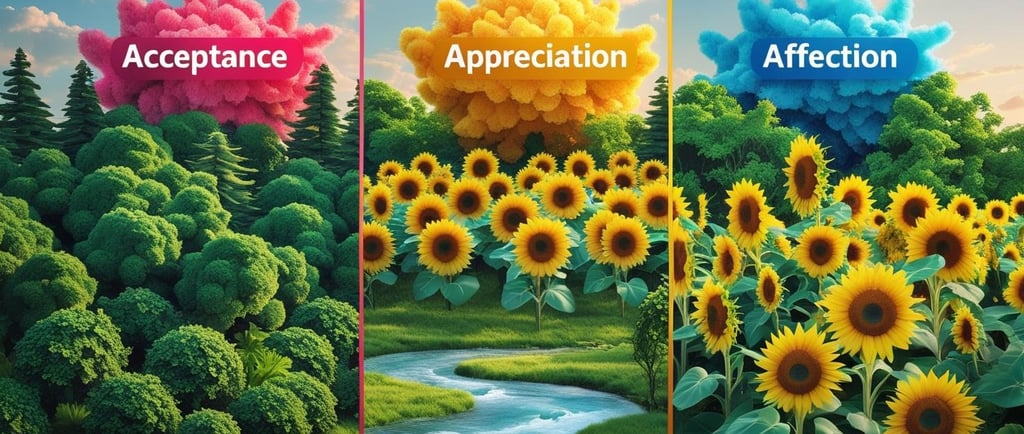The Heart of Inclusion: Meeting Emotional Needs in Inclusive Education
7/9/20252 min read


The Heart of Inclusion: Meeting Emotional Needs in Inclusive Education
By Yirgalem Habte, PhD.
Inclusive education goes beyond access; it is about connection, emotional safety, and belonging. As an educator with years of experience working in diverse classrooms, I’ve witnessed firsthand how students' emotional needs shape their capacity to learn, socialize, and succeed. While tools like differentiated instruction and assistive technology are essential, they can only be effective when the emotional environment is nurturing. At the core of successful inclusion are three deeply human emotional needs: acceptance, appreciation, and affection.
Acceptance: “You Are Welcome Here”
True inclusion begins with acceptance. For students with disabilities or differences, be they are cognitive, linguistic, physical, or behavioral, being accepted means they do not have to hide who they are to feel safe. When students feel accepted, they take learning risks, engage with peers, and build self-worth. Educators play a critical role by fostering a culture where neurodiversity and unique learning styles are welcomed and respected.
Appreciation: “You Have Something to Offer”
Every learner brings strengths to the classroom: creativity, perseverance, empathy, or insight. But too often, students with special needs are viewed through a deficit lens. Appreciation means seeing and celebrating what each student can contribute. When students feel appreciated, their motivation grows, confidence rises, and classroom relationships flourish.
Affection: “You Matter to Us”
Affection is not indulgence; it is care expressed through kindness, patience, and presence. For many students, especially those with trauma histories or social difficulties, a warm, emotionally supportive environment can be life changing. When affection is present, behavior improves, students feel safer, and relationships deepen.
A Vital Truth: Emotional Needs Are Met Through Others
Students cannot meet these emotional needs on their own. Acceptance, appreciation, and affection are relational needs: they are received, not manufactured. That means our roles as educators, families, and advocates are more than academic, we are emotional architects of the inclusive environment.
Final Thought Inclusive education isn't just a strategy; it’s a relationship. When students feel accepted, appreciated, and loved, they don’t just learn better, they belong. And belonging is the beginning of all learning. Let’s center emotional needs in our classrooms. Because every child deserves not just a seat in the room, but a place in our hearts.st content
